-
Doctors
-
Specialities & Treatments
Centre of Excellence
Specialties
Treatments and Procedures
Hospitals & Directions HyderabadCARE Hospitals, Banjara Hills CARE Outpatient Centre, Banjara Hills CARE Hospitals, HITEC City CARE Hospitals, Nampally Gurunanak CARE Hospitals, Musheerabad CARE Hospitals Outpatient Centre, HITEC City CARE Hospitals, Malakpet
HyderabadCARE Hospitals, Banjara Hills CARE Outpatient Centre, Banjara Hills CARE Hospitals, HITEC City CARE Hospitals, Nampally Gurunanak CARE Hospitals, Musheerabad CARE Hospitals Outpatient Centre, HITEC City CARE Hospitals, Malakpet Raipur
Raipur
 Bhubaneswar
Bhubaneswar Visakhapatnam
Visakhapatnam
 Nagpur
Nagpur
 Indore
Indore
 Chh. Sambhajinagar
Chh. SambhajinagarClinics & Medical Centers
Book an AppointmentContact Us
Online Lab Reports
Book an Appointment
Consult Super-Specialist Doctors at CARE Hospitals
Everything to Know About High Blood Pressure Headache
Updated on 18 November 2024
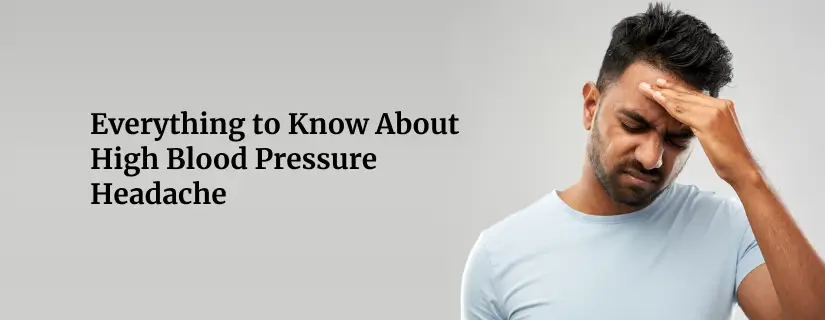
Have you ever wondered if headache blood pressure is a genuine concern? Many people experience headaches and high blood pressure, but the connection between the two isn't always clear. These headaches in blood pressure often come on suddenly and can be accompanied by other symptoms. You might experience sweating, a racing heart, anxiety, and facial pallor. In some cases, people report additional signs such as nosebleeds, blood spots in the eyes, a flushed face, and vision problems like blurred vision or even temporary blindness. This common health issue affects millions worldwide, and understanding its impact on your well-being is crucial for managing your health effectively. Let's explore when high blood pressure can cause headaches and how to treat them. We'll also discuss the signs that indicate it's time to see a doctor.

When Does High Blood Pressure Cause Headaches?
The link between headache blood pressure and headaches has been a topic of debate in the medical community for decades. While some studies suggest no direct connection, others indicate a strong correlation.
In most cases, high blood pressure doesn't cause noticeable symptoms, so it's often called a "silent killer". However, when blood pressure reaches exceptionally high levels, it can lead to headaches & other symptoms.
A hypertensive crisis occurs when BP spikes to dangerously high levels, typically 180/120 millimetres of mercury (mm Hg) or higher. During this medical emergency, pressure in the skull builds up, resulting in a headache that feels unlike any other type of head pain. This condition can affect the blood-brain barrier, causing blood to leak from vessels in the brain. The leakage leads to swelling, which puts additional pressure on the brain, causing numerous symptoms, such as dizziness, nausea, confusion, and blurred vision.
It's crucial to note that headaches alone cannot diagnose high blood pressure. A blood pressure cuff is the only reliable way to determine if someone has elevated blood pressure. If you experience severe headaches with other symptoms related to high blood pressure, seek immediate medical guidance, as this combination could indicate a hypertensive emergency requiring prompt treatment.
How to Treat a Headache?
Treating headaches, especially those related to headache blood pressure, involves various approaches, including:
- Over-the-counter Medication: Over-the-counter (OTC) pain relievers are often the first line of defence. However, it's crucial not to use these medications daily for extended periods, as they may lead to complications like ulcers or rebound headaches.For those experiencing recurring migraines, doctors might prescribe beta-blocker drugs. These medications can reduce the feeling of pressure in the head and may help manage high blood pressure as well.
- Lowering Your Stress: Stress management plays a vital role in headache treatment. Relaxation techniques like meditation and aromatherapy with lavender essential oil may also help reduce the severity of migraines and tension headaches. Yoga has been found to decrease tension headache frequency, duration, and intensity while also lowering stress levels.
- Psychotherapy: Cognitive behavioural therapy (CBT) has shown promise in alleviating headache symptoms by teaching individuals to identify and challenge inaccurate thoughts.
- Lifestyle Changes: Managing caffeine intake can be beneficial. While some caffeine may have positive effects on headaches, excessive consumption can trigger migraines or headaches in some people.
Other lifestyle changes that can help treat headaches and potentially manage high blood pressure include reducing alcohol intake, quitting smoking, and getting regular physical activity. These changes not only address headache symptoms but also contribute to overall health improvement.
Remember, if you're experiencing frequent or severe headaches, especially when accompanied by high blood pressure, consult a doctor for proper diagnosis and treatment.
When to See a Doctor
Recognising when to seek medical attention for headache blood pressure is crucial for your health. While high blood pressure often doesn't cause noticeable symptoms, there are situations where immediate medical care is necessary.
- If you experience a sudden, intense headache that becomes worse than usual & your blood pressure is higher, it's time to see a doctor. This combination of symptoms could indicate a hypertensive crisis, which requires prompt medical attention.
- A blood pressure scale showing 180/120 mm Hg or higher is cause for concern. If you get such a reading, wait five minutes and check again. Call emergency services immediately if it remains at this level or higher, especially if accompanied by symptoms like pain in the chest, shortness of breath, numbness, vision changes, or trouble talking.
- Other symptoms that warrant immediate consultation with a doctor include severe headaches along with nausea, vomiting, confusion, or blurred vision. These could be signs of a hypertensive emergency, where blood pressure spikes to dangerous levels, potentially causing damage to vital organs.
Conclusion
Understanding the connection between headaches and blood pressure has a significant impact on managing overall health. This article has shed light on when high blood pressure can lead to headaches, how to treat them, and when seeking medical help is crucial. By recognising the signs and symptoms, you're better equipped to care for your well-being and know when to consult a doctor.
Regular blood pressure checks are key to staying on top of your health. While not all headaches are linked to high blood pressure, knowing the potential connection can help you make informed decisions about your health. If you ever experience severe headaches along with other concerning symptoms, don't hesitate to seek medical attention promptly. Your health is paramount; understanding these links is a step towards a healthier life.
FAQs
1. What does a high blood pressure headache feel like?
A high blood pressure headache, or hypertensive headache, feels different from other types of headaches. It typically affects both sides of the head and has a throbbing quality. The pain can be severe, causing a sensation of pressure building up inside the skull. Many people describe it as a pulsing feeling that worsens with physical activity.
2. How to stop a BP headache?
Quickly acting is crucial if you suspect you have a headache due to high blood pressure. Here's what you should do:
- Measure your blood pressure: If it's over 180/120 mm Hg, wait five minutes and check again.
- Seek medical help: If your blood pressure remains high, call emergency services or have someone immediately take you to the hospital. Don't try to treat it at home.
- Take prescribed medication: If you have blood pressure medication, take it as prescribed. However, don't wait for it to take effect before seeking medical help.
- Avoid over-the-counter pain relievers: These won't address the underlying issue and may delay necessary medical care.
ENQUIRY FORM
SELECT CATEGORIES
-
Neurosciences (16)
-
Neurology (37)
-
Neurosurgery (14)
-
Orthopaedics (48)
-
Oncology (33)
-
Obstetrics and gynecology (51)
-
Pulmonology (23)
-
Urology (20)
-
Nephrology (13)
-
Psychiatry (7)
-
Dietetics and Nutrition (111)
-
General Medicine (63)
-
Cardiac Sciences (30)
-
Vascular & Endovascular Surgery and Interventional Radiology (10)
-
Gastroenterology (46)
-
Endocrinology (23)
-
Plastic Surgery (10)
-
Critical Care Medicine (5)
-
COVID-19 (16)
-
Dermatology (16)
-
Emergency Care (1)
-
Ophthalmology (4)
-
Pediatrics (14)
-
Laparoscopic and Bariatric Surgery (8)
-
ENT (15)
-
Kidney Transplant (1)
-
Liver Transplantation and Hepatobiliary Surgery (5)
-
General Surgery (3)
-
Internal Medicine (5)
-
Medicine Information
Winter Migraines: Symptoms, Causes and Treatment
Chronic Headaches: Symptoms, Causes and Treatment
YOU MAY ALSO LIKE
RECENT BLOGS
-

Direct Anterior Approach in Total Hip Replacement: Advantages and Challenges
10 April 2025
Read More
-

Zinc Deficiency: Signs and Symptoms, Causes, Treatment
9 April 2025
Read More
-

Chest Pain When Coughing: Causes, Treatment and Home Remedies
9 April 2025
Read More
-

12 Health Benefits of Eating Mushrooms
8 April 2025
Read More
-

7 Health Benefits of Blood Donation You Should Know About
8 April 2025
Read More
-

Implantation Bleeding Vs Periods: Know the Difference
28 February 2025
Read More
-

Bloating During Ovulation: Symptoms, Causes and Remedies
28 February 2025
Read More
-

Itching During Dengue: Causes, Treatment and Home Remedies
18 February 2025
Read More
Have a Question?
If you cannot find answers to your queries, please fill out the enquiry form or call the number below. We will contact you shortly.




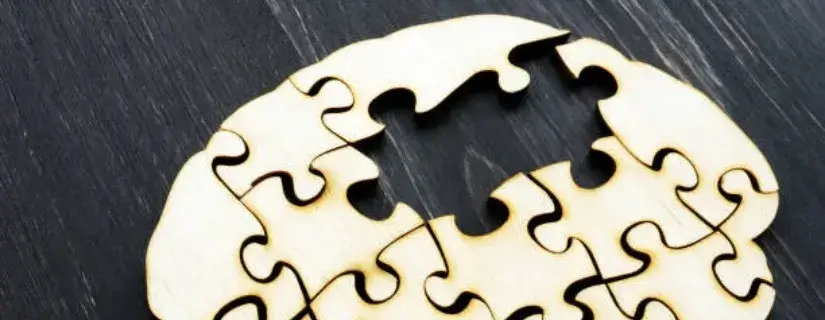
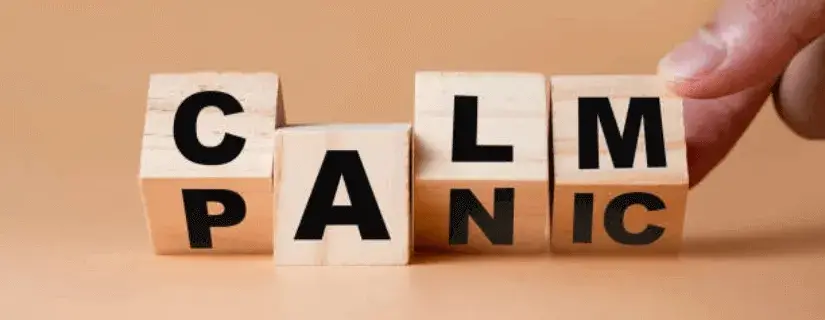
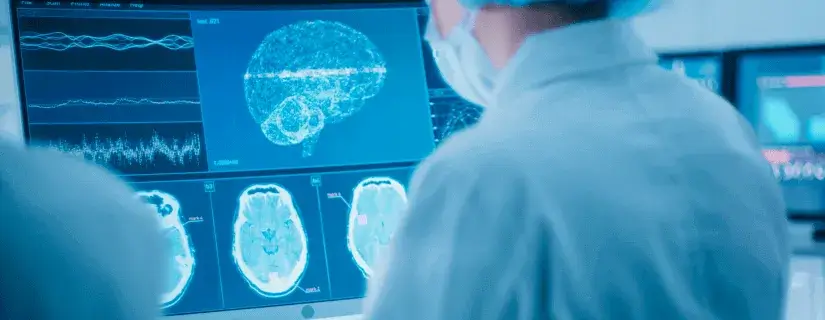
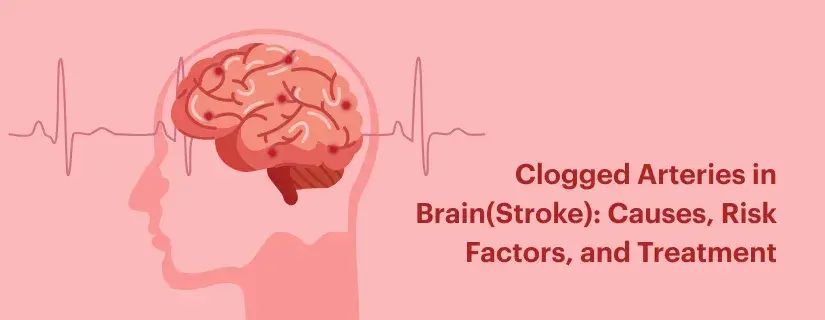


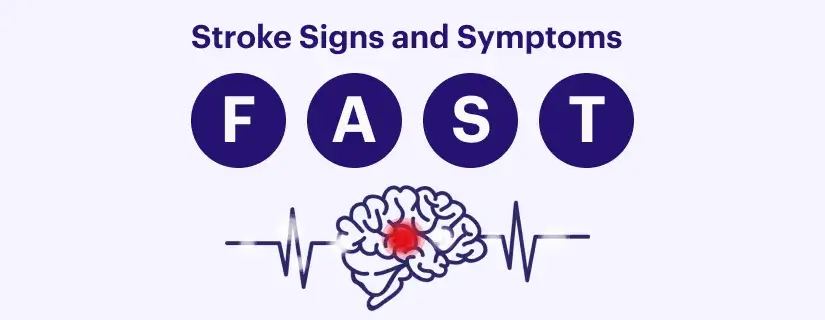
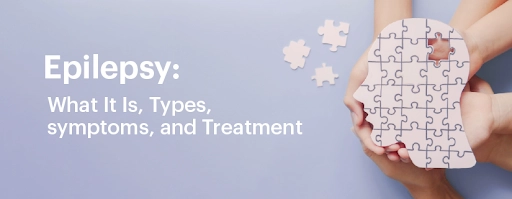
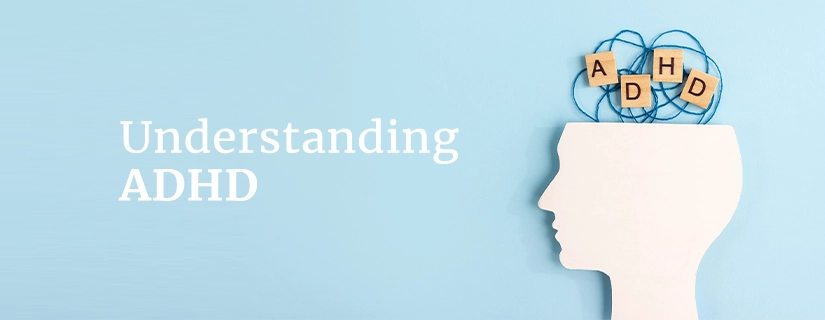
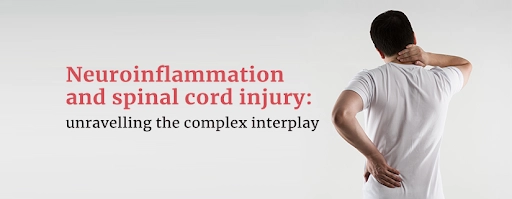
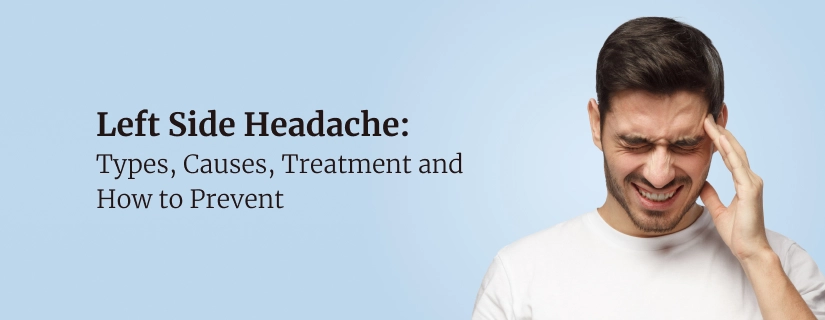
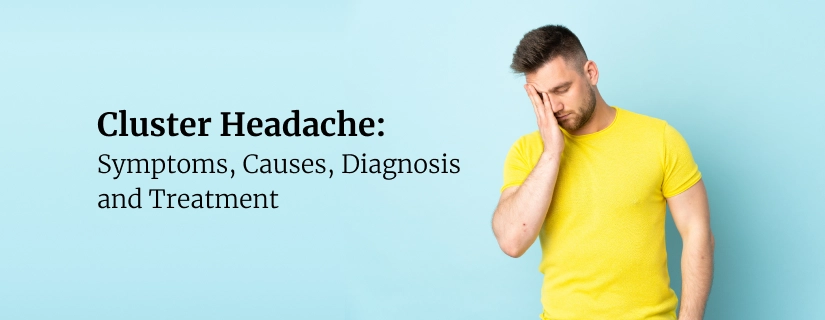

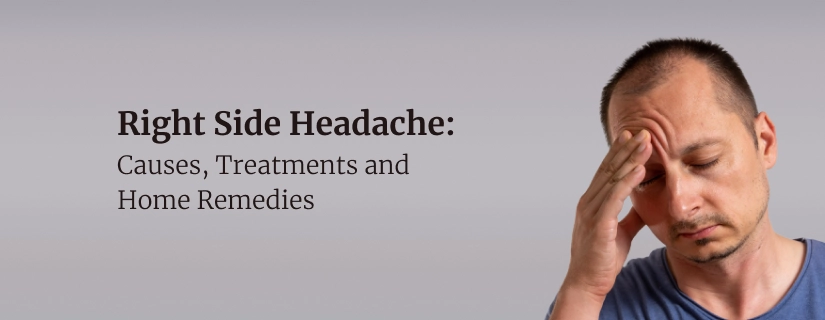
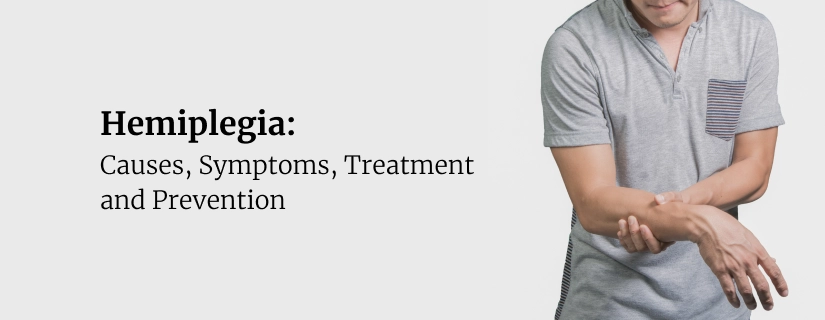
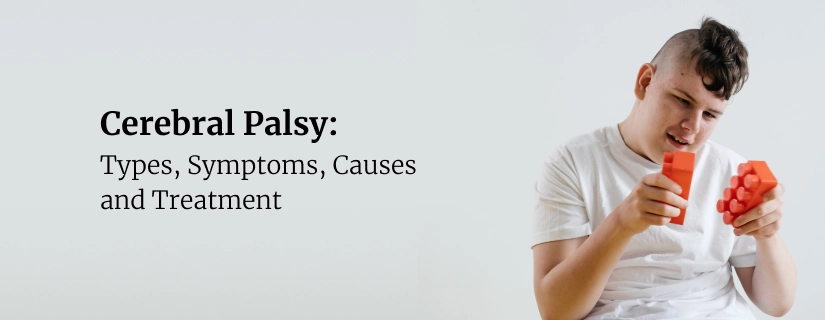
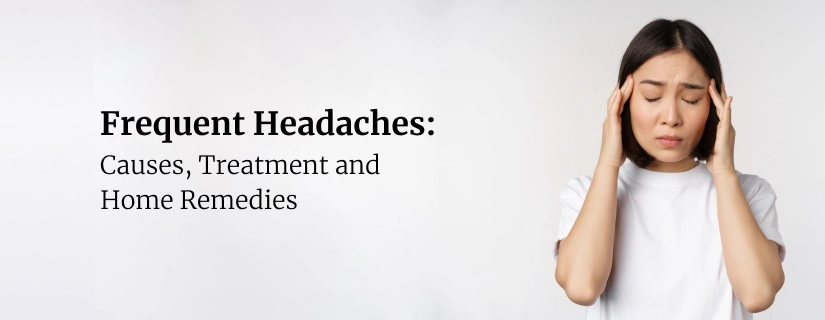
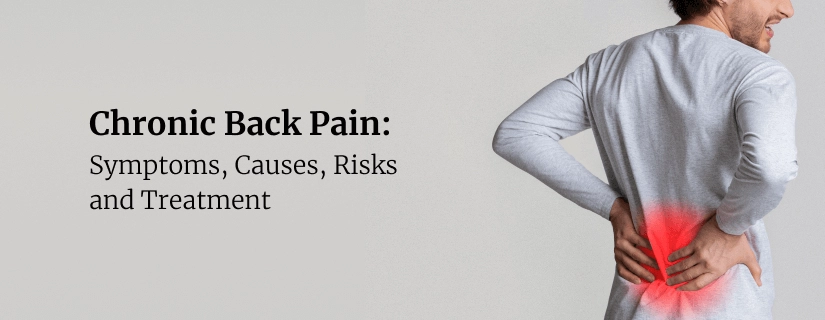
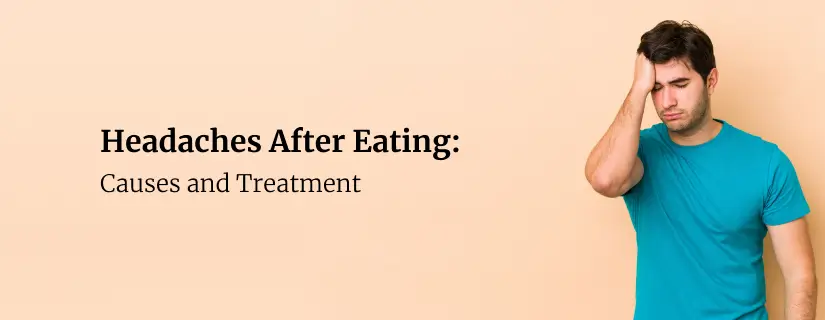
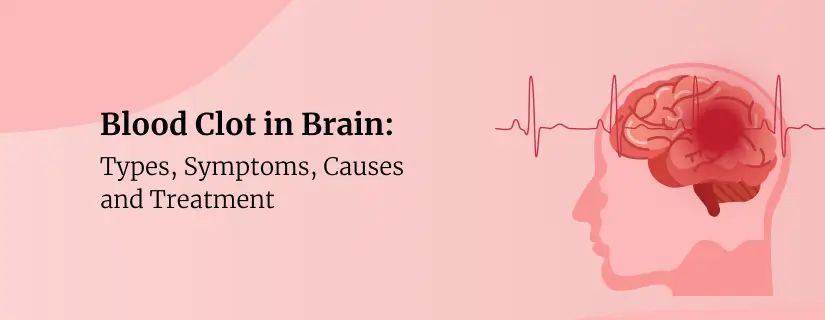
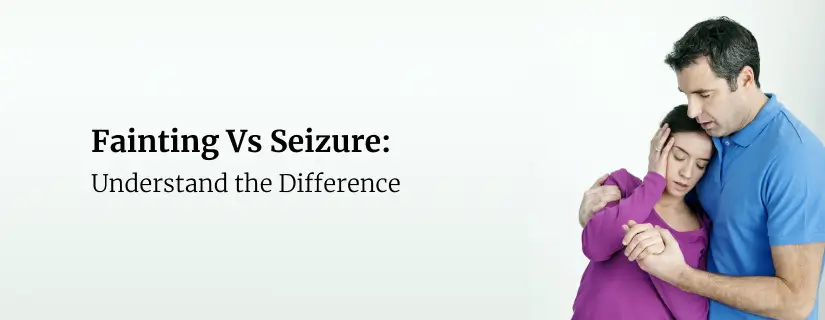
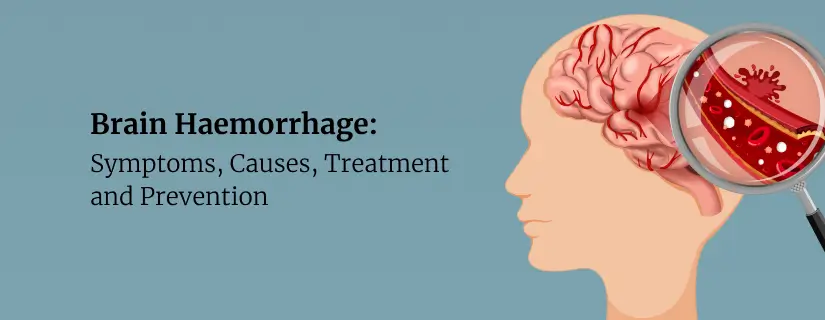
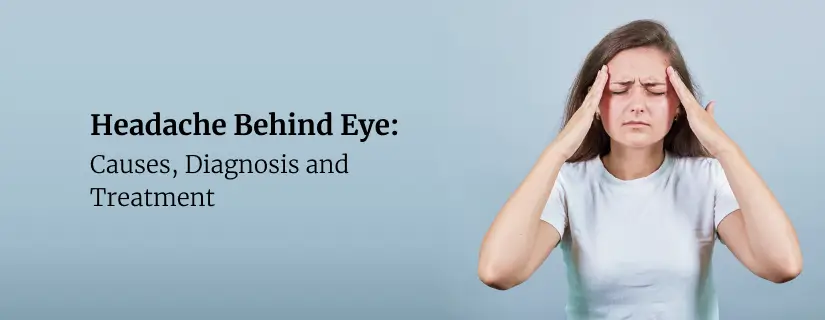
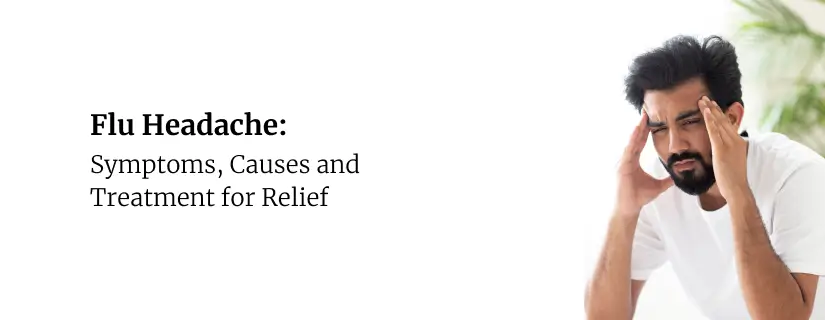
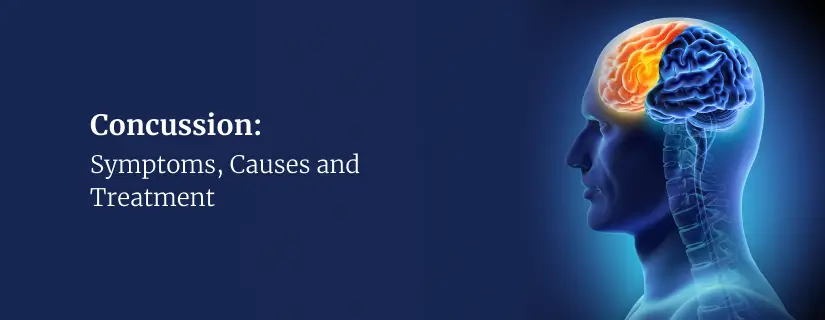
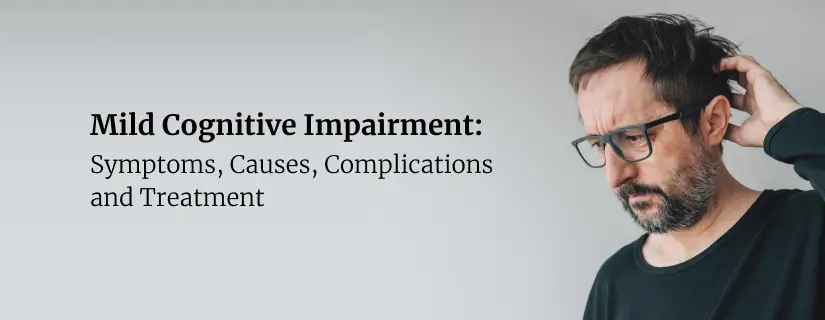
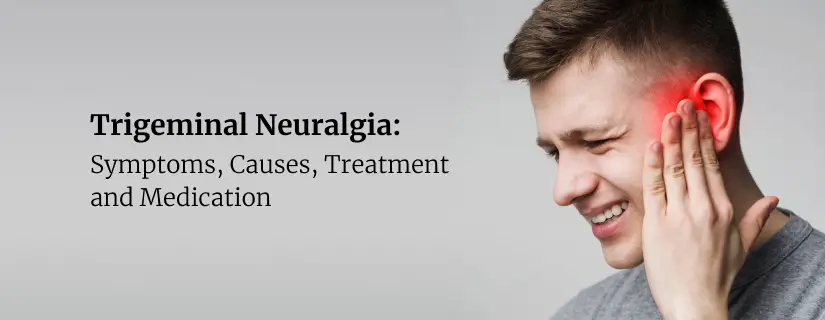
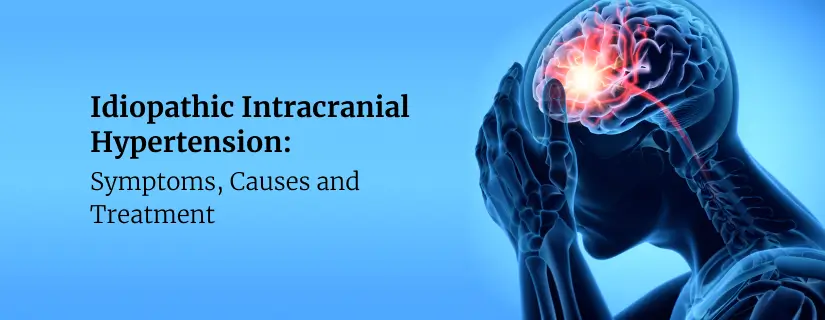
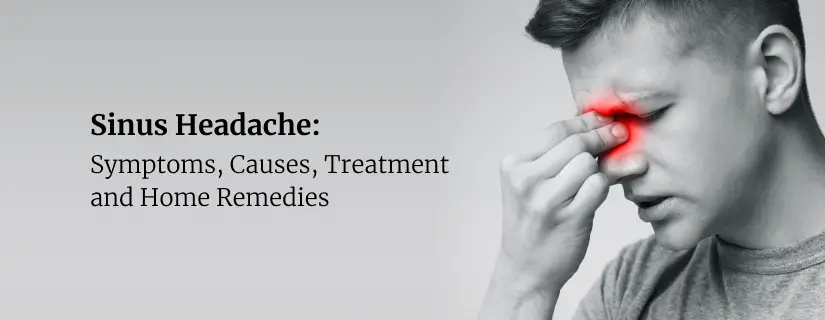
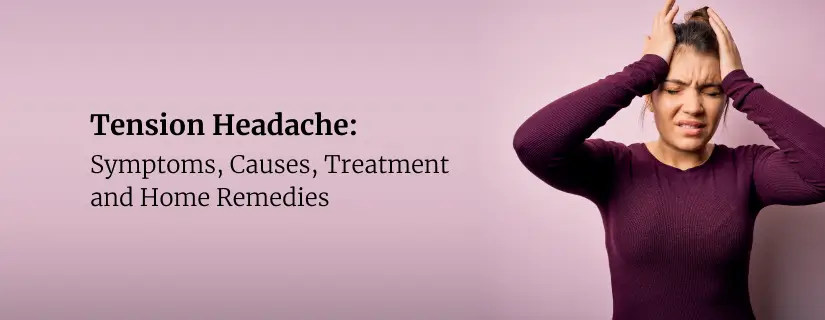
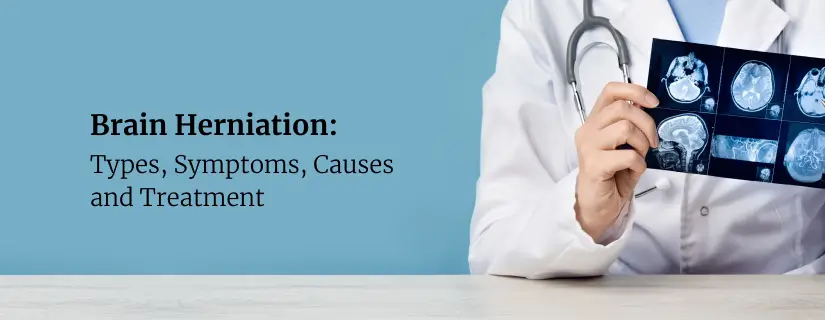
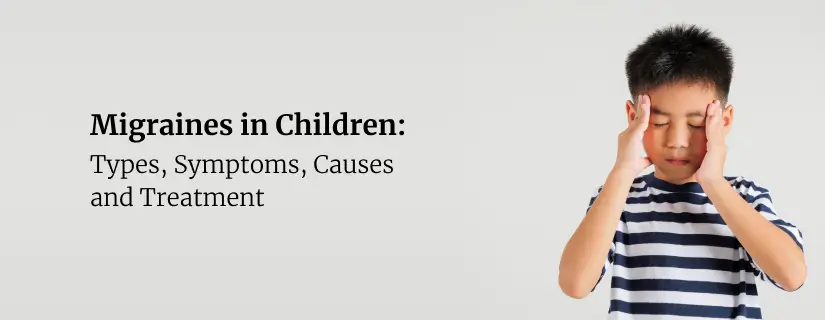
.webp)